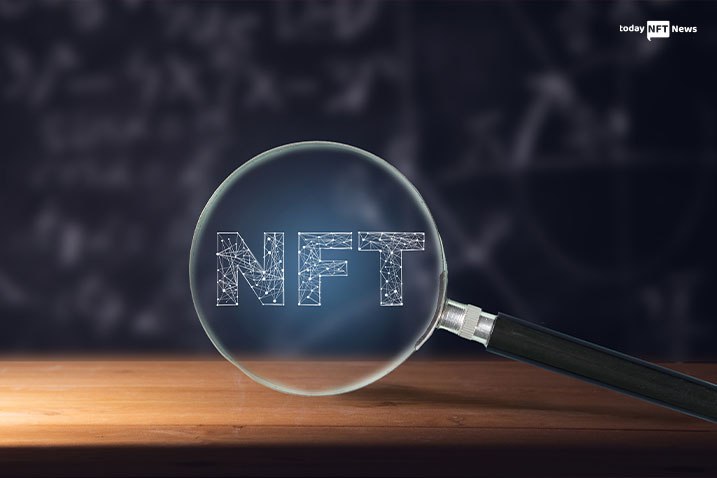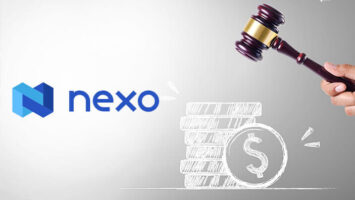SNEAK PEEK
- NFTs are used in a novel solution from the Italian company Takyon to denote reservations.
- The innovative company Takyon was founded by three young businessmen, Antonio Picozzi, Giuseppe Monteleone, and Niccol Francesco Marino.
- To give tourists freedom, sustainability, and originality, Takyon wants to become the platform for NFT’s stay and experience booking.
A new solution from the Italian business Takyon employs NFTs to indicate reservations. The startup hopes to fundamentally alter how consumers think about travel.
The so-called resellable rates will serve as the foundation of the process. If a guest cannot use their reservation, they may sell it and transfer it at a resellable rate. In the current economic environment, which is unstable and full of fluctuations, this new product has emerged.
An NFT that represents the property is created by the enterprise when a guest makes a reservation for lodging with a resalable rate. Being an NFT, it may be sent to any user, anywhere in the world, in a secure and verifiable manner. There is no requirement that the parties know one another for this to occur. There is no requirement that they are in a trustworthy relationship.
To offer room reservations as nonfungible tokens, Pinktada is collaborating with resort hotels including Casa de Campo in the Dominican Republic and Noble House Hotels & Resorts in the United States. This creates a situation where everyone benefits: the hotels don’t have to worry about refunds, and the tourists can sell their tokens if they can’t check in at their lodging.
Three young entrepreneurs, Antonio Picozzi, Giuseppe Monteleone, and Niccol Francesco Marino, are the brains behind the groundbreaking firm Takyon. The intention is to alter the Italian market for travel reservations. Since its launch, the company has received more than 1.3 thousand visitors to its website and 5,000 followers on Instagram.
Takyon aims to become the platform for NFT’s stay and experience booking, providing travelers with flexibility, sustainability, and uniqueness.
A reservation can be converted into a digital asset by the corporation by removing the buyer’s name and making it resaleable. In the process, they produce a resale rate, which is a prepayment reservation cost that is not refundable. In comparison to the customary refundable rate, it costs 20% less on average.









